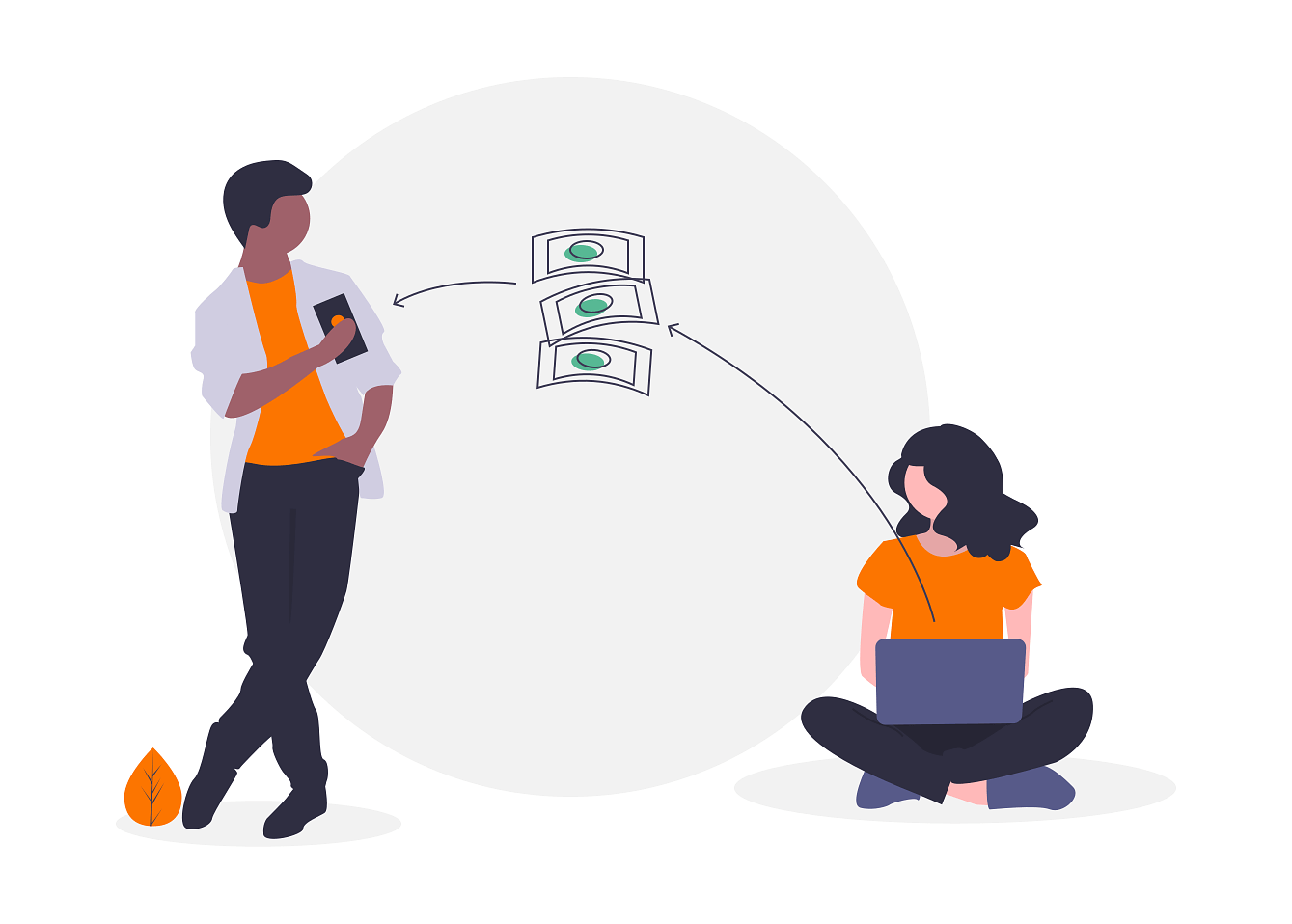28% of Americans state that high taxes are their main source of stress.
So you may be asking, if I sell my car do I pay taxes?
Are you worried because you’re not sure if that extra cash will be taxable income? We have you covered. In this article, we break down what you need to know.
Want to learn more? Keep reading!
If I Sell My Car Do I Pay Taxes?
Before we answer this question, let’s look at what taxable income is. This is what the income tax system imposes the tax on.
This varies from country to country. Some systems decide that certain types of income aren’t taxable. Others base it on the current period, and some on prior times.
Taxable income is the income of the taxpayer, including corporations and individuals.
Income Tax Responsibility When Selling Your Secondhand Car
The Internal Revenue Services (IRS) considers all personal vehicles as capital assets.
If you happen to sell your car for less than the original price, you have a capital loss. You won’t have to report this on your tax return. If you sell it for more than you paid, you have a capital gain. You will owe taxes on it.
Make sure you keep your receipts of what you paid for the car. Get a signed receipt for when you sell it as well. You want to have all your documentation ready for tax season.
Do You Have a Capital Gain?
Sit down and find out what the original price of your vehicle was. Go dig out your sale contract or Bill of Sale.
Subtract the taxes connected with the sale. This could include wheel tax and sales tax. Add any vehicle improvement expenses to this changed sale price. This shouldn’t cover regular maintenance costs.
Improvements are things like new speakers or a new paint job. Make sure you keep track of your paperwork for these improvements. You want to have exact numbers of what you spent and proof if needed.
Take away what you sold the car for from this adjusted price. If you bought the car for $10,000 and sold it for $4,000, you would have a capital loss of $6,000. You won’t have to report this to the IRS.
If you have a capital gain, then you will need to report it. If you bought your car for $12,000 and sold it for $14,000, then you have earned a $2,000 capital gain. Report this on your tax return.
Plan and Prepare for Down the Road
Things can build up in life and stress you out. Unpaid debt always hangs in the background, silent but stressful. Don’t forget about your secondhand car. Make sure you have all your paperwork ready before you decide to sell it.
Find out what the original price is and consider what you will sell it for.
Sell Your Car When Your Income is Low
Your capital gains rate determines your marginal tax rate. Your income is going to determine what your marginal tax rate will be.
If you sell your long-term capital gain asset later when your income is lower, you might be able to save some money.
During a season when you lost a job or are getting ready to retire, consider selling your car then. This would cut your capital gains tax rate if you did have a capital gain when you sold the car.
How to Reduce Your Taxable Income
Many tax-saving strategies will help you qualify for a lower rate. If you maximize your credits and deductions before filing your tax return, this will help. When donating goods or cash to charities, you will receive a receipt.
How to Determine the Value of Your Car
If you’re considering selling your car yourself, you’re going to need to figure out its value. You may have a rough idea of what it’s worth, based on what you paid when you first got it.
Consider the condition and what other people are listing similar cars for online.
Go onto popular for-sale websites and type in the model and year of your vehicle. This will help you understand what the rate is for your type of vehicle. You’ll get an idea of what people are willing to spend and sell their car for.
Now if you have made some recent improvements to the car, this can up the price and value of your vehicle. Don’t forget about those additions. Keep your receipts so you can show an interested customer.
Read this article we wrote about where you can sell your car!
Go to a Local Car Dealership
Visit a dealership and ask what they would pay for your car. Research beforehand and find a dealership that sells your brand of vehicle. They may be more willing to buy your vehicle and give you a sound deal.
Researching prices and dealerships will help you arrive at a price. Know that when you get ready to sell it, people will try and negotiate with you, trying to lower the cost.
Accept the amount that you have chosen. Don’t budge from it unless it is only a small difference. You want to make sure you’re getting your money’s worth.
Finally, remember how the taxes work for used cars. If you sell it for more than what you paid for, you will have to pay taxes on it. If it’s sold for less than what you paid for, you won’t have to pay taxes on it.
Contact Us Today
We hope you found this article helpful. People often have the question, if I sell my car do I pay taxes? Make sure you consider this when you arrive at the value and price of your vehicle. Keep all your receipts for tax season.
Do you have a car that you’d like to sell? Contact us today. We would love to chat with you!



